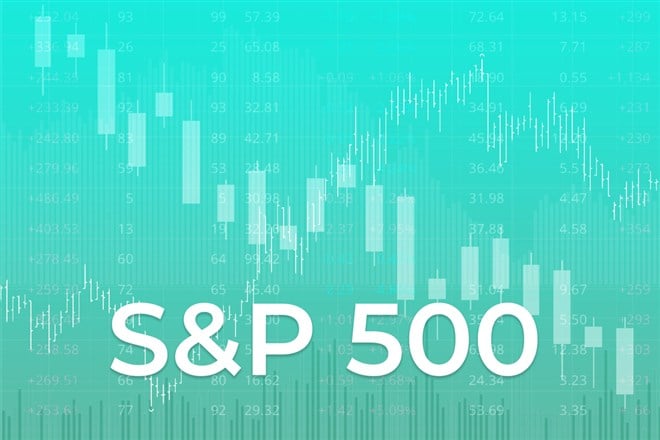
The Dogs of the S&P 500 (NYSEARCA: SPY) is a little-known and seldom-followed strategy more investors should be aware of. Modeled on the Dogs of the Dow (NYSEARCA: DIA), the investment strategy targets the best stocks in the weakest sectors of the S&P 500. While not a guarantee of success, the idea is that this year’s weakest stocks will or could be next year’s strongest simply because of valuation. This year’s Dogs are down an average of 31% on a sector basis compared to much stronger gains for the leaders. In this light, there are some values to be found and, looking at this year’s Dogs of the S&P 500 (as of November 2022), there are some interesting plays for investors that need yield and capital gains in 2023.
The Communications Sector - Down 37% YOY
The Communications Sector (NYSEARCA: XLC) is down 37% on a YOY basis driven by a very tepid outlook for earnings growth. The sector is expected to post a decline of -14% for the year and the Marketbeat.com consensus estimate is trending lower so expect this figure to fall. Looking out to next year, however, the sector is expected to be the #4 sector in regard to earnings growth at about 10%. Now, the dividend for the Communications Sector ETF XLC isn’t all that much at 1.15% but there are some more interesting choices when you dig down into the holdings.
The #1, #2 and #3 holdings for this sector are Meta (NASDAQ: FB) and Google (NASDAQ: GOOG) including Google Class C shares which are 2 of the 5 FAANG stocks. These are easy to pass by because it is easy to get exposure to these stocks if they are not already present in a portfolio. The #3 and #4 names are Netflix (NASDAQ: NFLX) and AT&T (NYSE: T) which makes the 3rd FAANG name already and AT&T is yielding 5.85% so AT&T is the most attractive choice from the income perspective. While not a flashy name or one with a robust outlook the 5.85% yield and 7X EPS valuation is a hard thing to pass up. Verizon (NYSE: VZ) is also trading about 7X earnings and it pays a relatively safe 6.75%.
The Consumer Discretionary Sector - Down 33% YOY
The Consumer Discretionary Sector (NYSEARCA: XLY) is down about 33% from November 2021 and it do id driven by a tepid outlook for earnings. The 2022 consensus is sitting at -13% and trending lower but offset by a very robust outlook for 2023. The sector is expected to post a 36% increase in EPS and, although that figure is trending lower, consumer discretionary should be the leading sector in regard to earnings growth. This sector is also chock full of names easy to overlook including Amazon (NASDAQ: AMZN) (4th of 5 FAANG names so far) and Tesla (NASDAQ: TSLA) (another name you probably already own). Further down on the list of discretionary names are McDonald’s (NYSE: MCD), Home Depot (NYSE: HD), and Lowe’s (NYSE: LOW) which average about 2.32% in yield and all come with impressive histories of dividends payments and distribution increases.
The Technology Sector - Down 23% YOY
The Technology Sector (NYSEARCA: XLK) is down about 23% YOY despite an outlook for earnings growth in 2022. The consensus figure for this sector is about 4.0% in 2022 and 4.6% in 2023. At the sector level, the ETF is yielding about 0.95% annually which is a lot better than most of the stocks within the group. The real takeaway is the Technology Sector’s top 5 holdings can be broken down into FAANG stocks, chips stocks, and payment processors. The FAANG names are Apple (NASDAQ: AAPL) (#5 on the list of FAANG names) and Microsoft (NASDAQ: MSFT) which counts as the + in FAANG+. The 1 chip stock in the group is NVIDIA (NASDAQ: NVDA) which pays a very weak 0.10% yield and faces a combination of headwinds (gaming and PCs) and tailwinds (data center and cloud). The payment processors are Visa (NYSE: V) and Mastercard (NYSE: MA) which also pay tepid dividends but have safe and reliably growing distributions. The highest-yielding name in the top 10 is Cisco (NASDAQ: CSCO), however, and it yields a safely growing 3.2% while trading at comfortable 13X earnings.